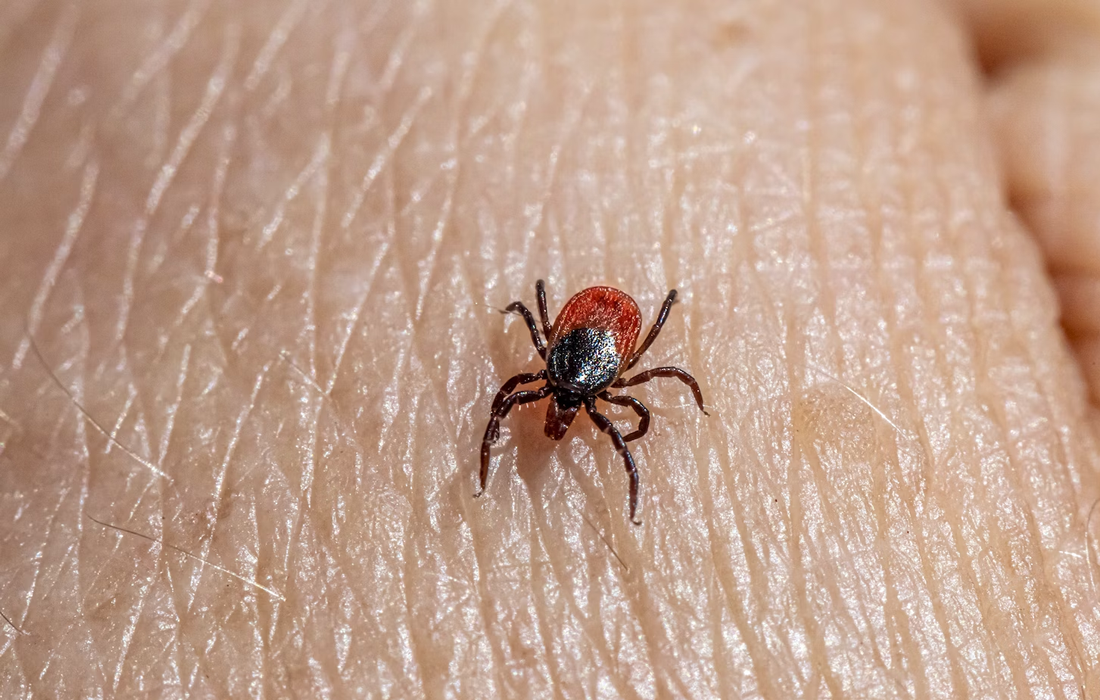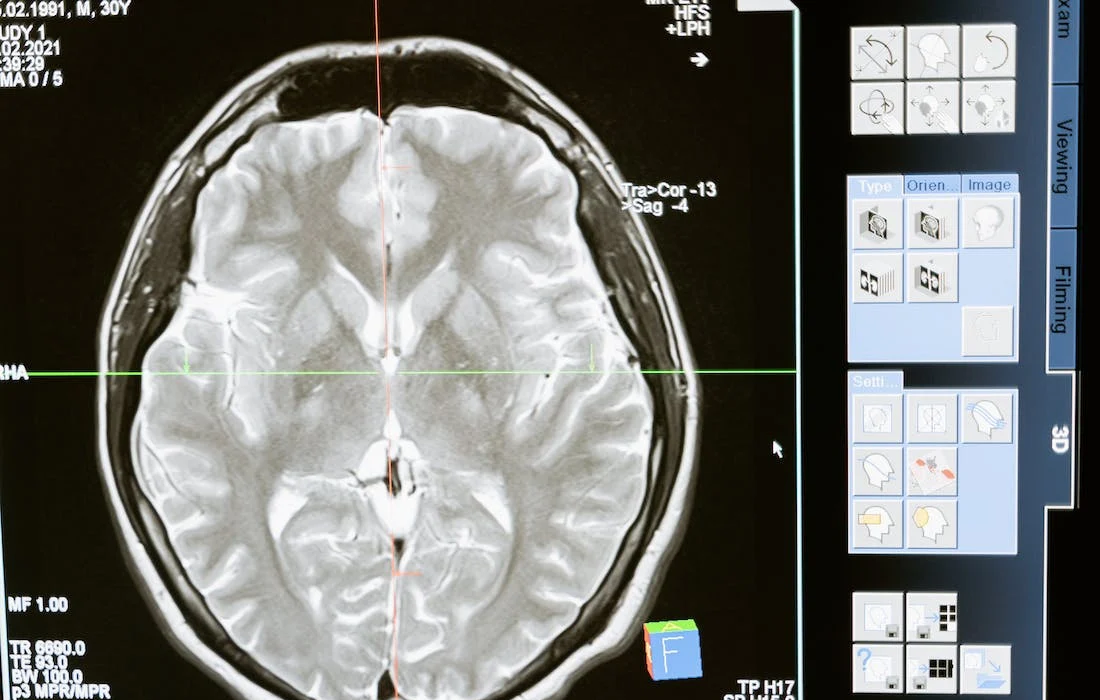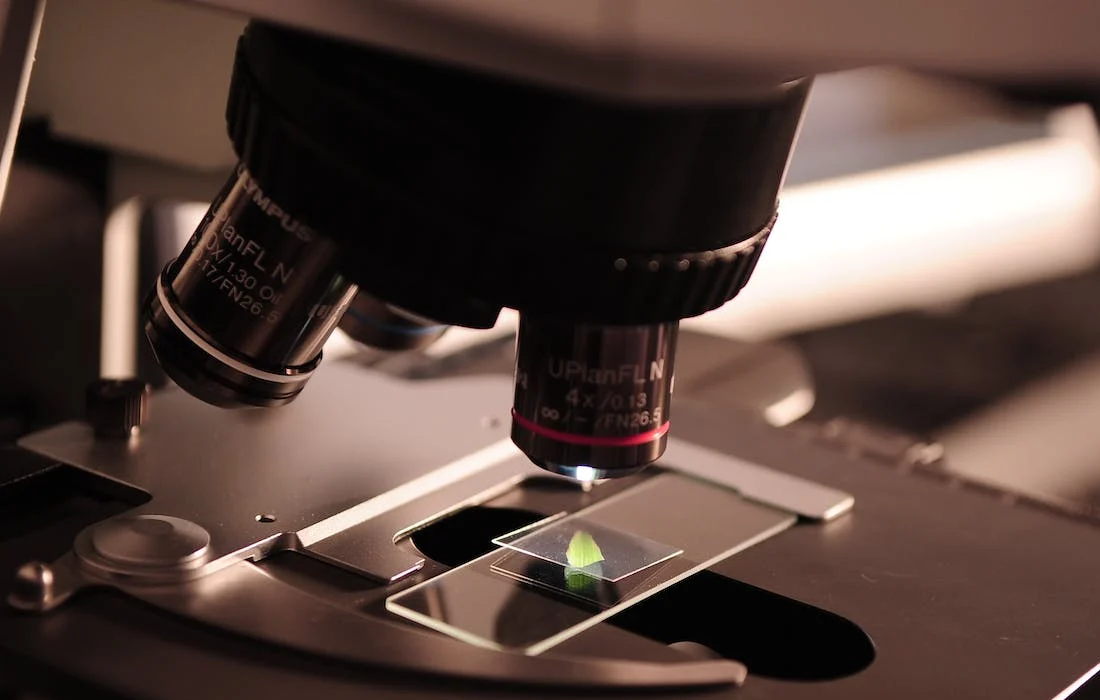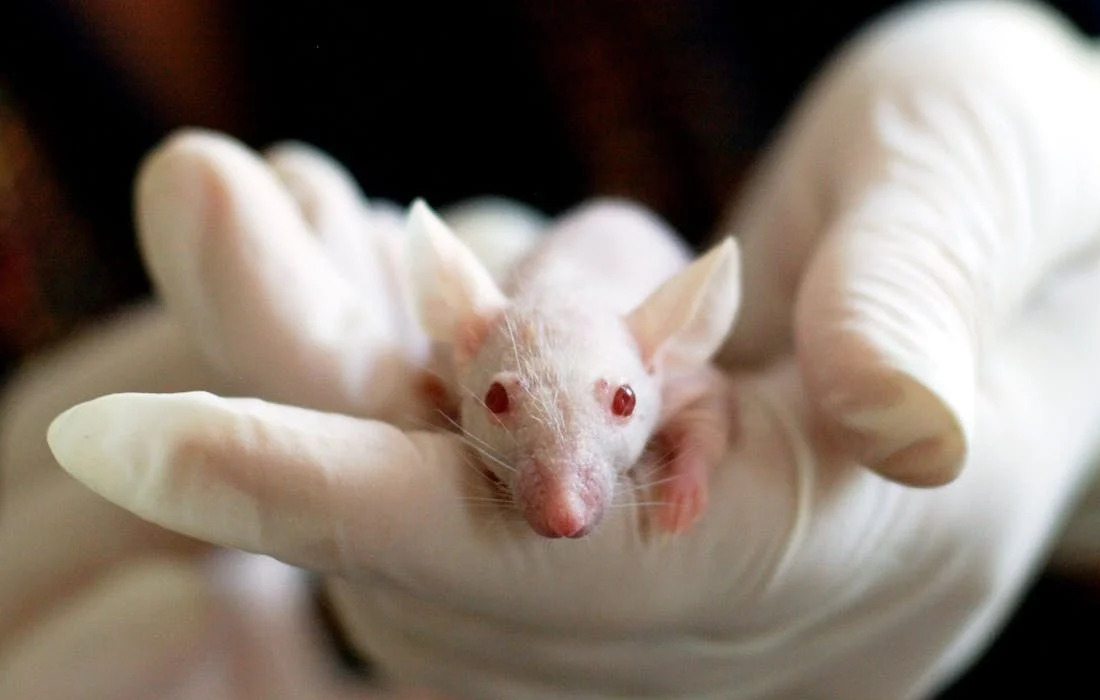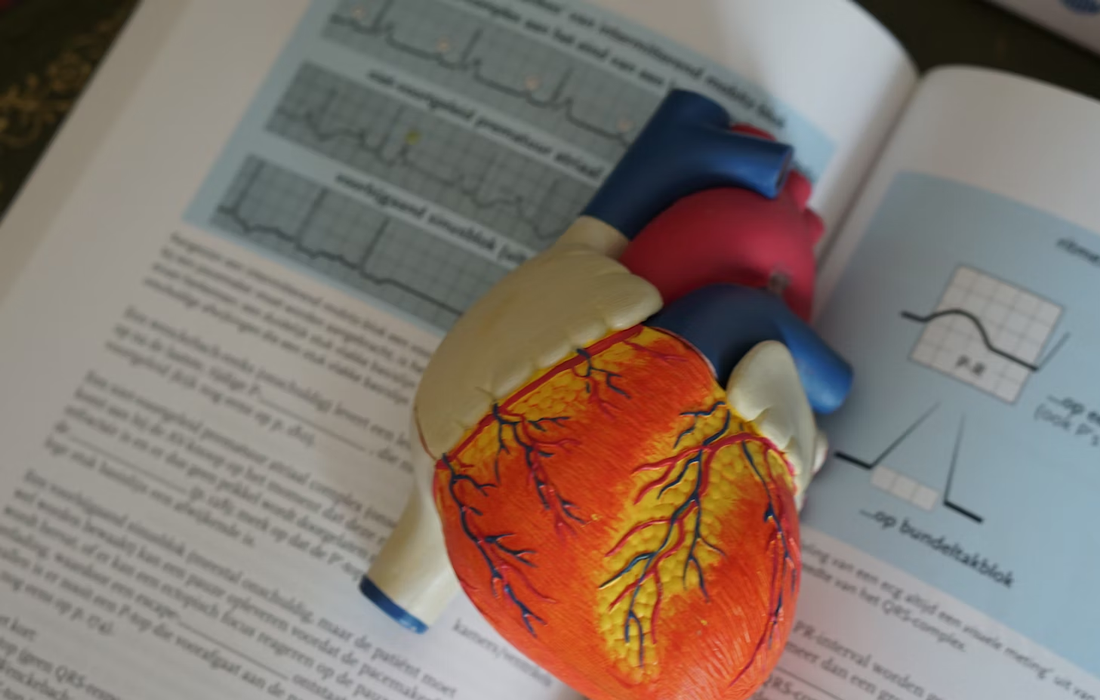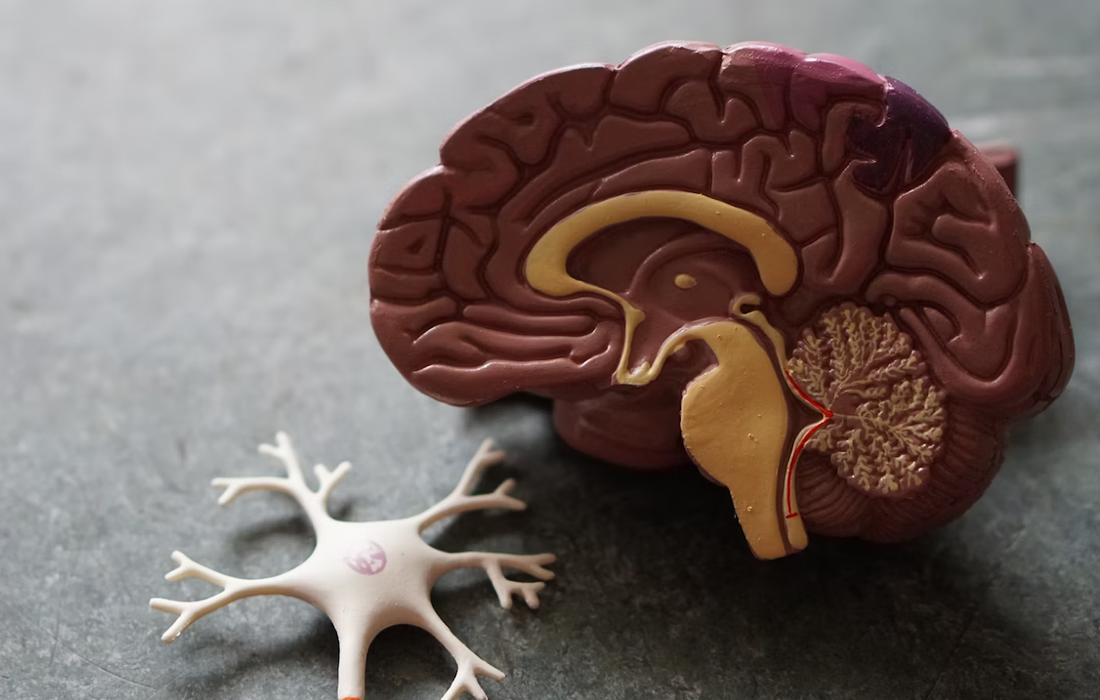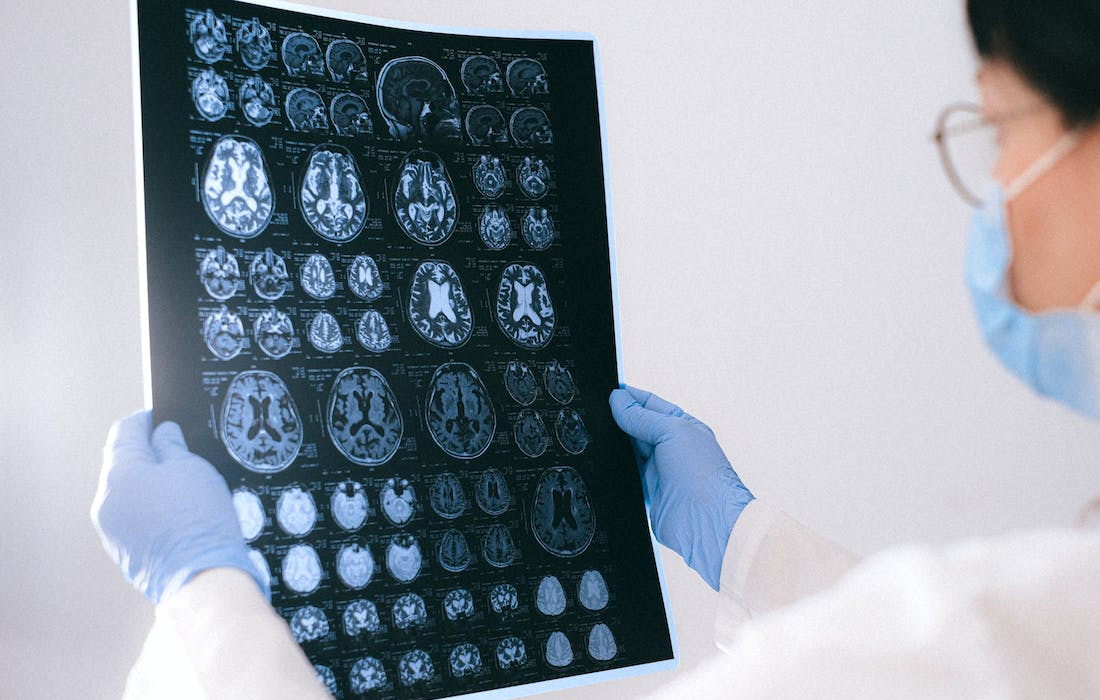Scientists at Tufts University School of Medicine have developed a genome-scale metabolic model or “subway map” of key metabolic activities of the bacterium that causes Lyme disease. Using this map, they have successfully identified two compounds that selectively target routes only used by Lyme disease to infect a host. Their research was published October 19 […]
Author Archives: Karely Vega, MD
An estimated 40% of the global adult population have high blood pressure, or hypertension, which puts people at risk of cardiovascular disease and other dangerous health conditions. Recent studies suggest that probiotics may offer a protective effect, but researchers have a limited understanding of why shaping the gut microbiota can regulate blood pressure. A study […]
Glioblastoma (GBM), an aggressive brain cancer, is notoriously resistant to treatment, with recurrent GBM associated with survival of less than 10 months. Immunotherapies, which mobilize the body’s immune defenses against a cancer, have not been effective for GBM, in part because the tumor’s surrounding environment is largely impenetrable to assaults from the body’s immune system. […]
People who eat just two servings of red meat per week may have an increased risk of developing type 2 diabetes compared to people who eat fewer servings, and the risk increases with greater consumption, according to a new study led by researchers from Harvard T.H. Chan School of Public Health. They also found that […]
Researchers have discovered the link between the gut microbiota and Alzheimer’s disease. For the first time, researchers have found that Alzheimer’s symptoms can be transferred to a healthy young organism via the gut microbiota, confirming its role in the disease. The study supports the emergence of the gut microbiome as a key target for investigation […]
Researchers at Kyushu University have discovered that turning brain immune cells into neurons successfully restores brain function after stroke-like injury in mice. These findings, published on October 10 in PNAS, suggest that replenishing neurons from immune cells could be a promising avenue for treating stroke in humans. Stroke, and other cerebrovascular diseases, occur when blood […]
A UCLA-led team has identified an essential internal control mechanism that can promote the maturation of human stem cell-derived heart muscle cells, offering a deeper understanding of how heart muscle cells develop from their immature fetal stage to their mature adult form. The findings, published in the peer-reviewed journal Circulation, could lead to new therapies […]
Adults with attention-deficit/hyperactivity disorder (ADHD) are nearly three times more likely to develop dementia than adults without ADHD, according to a Rutgers study. The study, coauthored by Michal Schnaider Beeri, director of the Herbert and Jacqueline Krieger Klein Alzheimer’s Research Center at Rutgers Brain Health Institute (BHI) was published in JAMA Network Open. It followed […]
Previous research has implicated fungi in chronic neurodegenerative conditions such as Alzheimer’s disease, but there is limited understanding of how these common microbes could be involved in the development of these conditions. Working with animal models, researchers at Baylor College of Medicine and collaborating institutions discovered how the fungus Candida albicans enters the brain, activates […]
Why do we dream? A product of our brain’s neurophysiology, dreaming is a complex experience that can take on many emotional tones and simulate reality to varying degrees. As a result, there is still no clear answer to this question. A study led by the universities of Geneva (UNIGE) and Toronto, and the Geneva University […]

